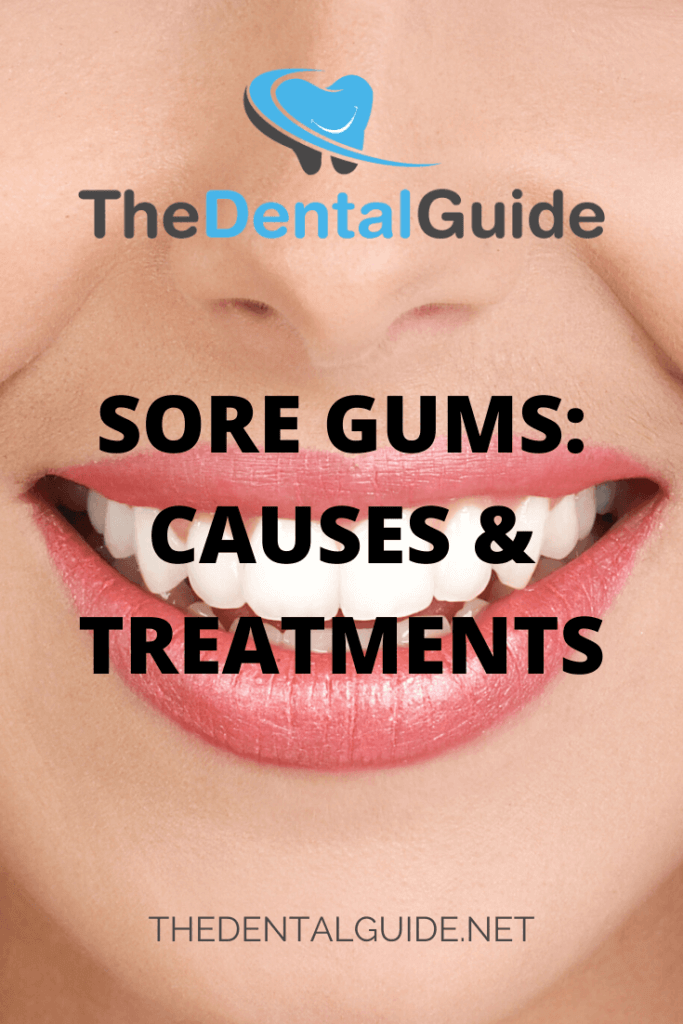Sore Gums From Cold

The chill of winter is in the air, and with it comes a plethora of Seasonal ailments that can leave us feeling, well, a bit under the weather. One of the lesser-discussed yet still bothersome side effects of the cold is sore gums. It’s not uncommon for people to experience gum discomfort or pain during the colder months, but what exactly causes this issue, and more importantly, how can we combat it?
To understand the correlation between cold weather and sore gums, let’s first delve into the world of oral health. Our gums, or gingiva, play a crucial role in our overall well-being, serving as the supporting tissue for our teeth. Healthy gums are firm, pink, and do not bleed easily. However, various factors, including poor oral hygiene, smoking, and certain medical conditions, can lead to gum disease. But how does the cold factor into this?
The Impact of Cold Weather on Oral Health
Cold weather can exacerbate existing oral health issues, including sore gums, due to several reasons. Firstly, the dry air that often accompanies cold temperatures can reduce saliva production in the mouth. Saliva acts as a natural protector, helping to neutralize acids, remineralize teeth, and wash away bacteria. With less saliva, our teeth and gums are more susceptible to damage and irritation.
Secondly, the cold itself can cause blood vessels to constrict, reducing blood flow to the gums. This reduction in blood flow can lead to irritation and pain, especially if the gums are already inflamed due to poor oral health. Lastly, the act of breathing in cold air can sometimes cause individuals to breathe through their mouths more, leading to dry mouth conditions that, as mentioned, can irritate the gums.
Combatting Sore Gums During the Cold Season
While the cold weather itself cannot be controlled, there are several proactive steps individuals can take to reduce the risk of sore gums and maintain good oral health during this time:
Hydration: Drinking plenty of water helps to keep the mouth moist and supports saliva production. Aim for at least eight glasses of water a day, and consider increasing intake if you’re physically active or live in a particularly dry climate.
Oral Hygiene Practices: Regular brushing and flossing are crucial for removing plaque and bacteria that can lead to gum disease. Use a soft-bristled toothbrush and fluoride toothpaste, and pay special attention to the gum line. Don’t forget to floss at least once a day to remove food particles stuck between teeth.
Saliva Stimulants: If dry mouth is a persistent issue, consider using a saliva substitute or stimulant. Sugar-free gum and candy can help stimulate saliva production, offering temporary relief.
Warm Beverages: While it might seem counterintuitive, avoiding extremely hot beverages and opting for warm ones can help soothe the gums without causing further irritation. Herbal teas, broth, or warm water with a slice of lemon can be comforting and gentle on the mouth.
Professional Care: Regular dental check-ups are vital for detecting any oral health issues early on. If you’re experiencing persistent gum soreness or discomfort, don’t hesitate to consult with a dental professional. They can offer personalized advice and treatments, such as deep cleaning or recommendations for specific oral care products.
Conclusion
Sore gums from the cold might not be the most severe winter ailment, but they can certainly be a source of discomfort. By understanding the causes and taking proactive measures to protect our oral health, we can reduce the risk of gum soreness and enjoy the winter season with a healthier, happier smile. Remember, a healthy mouth is pivotal to our overall well-being, and with the right care and attention, we can face the chill of winter with confidence.
FAQ Section

Why do gums tend to feel sore during the cold season?
+Gums can feel sore during the cold season primarily due to the dry air, which reduces saliva production, and the constriction of blood vessels, leading to reduced blood flow to the gums. Existing oral health issues can also be exacerbated by these conditions.
How can I prevent sore gums during the winter months?
+To prevent sore gums, maintain good oral hygiene practices like regular brushing and flossing, stay hydrated to support saliva production, and consider using saliva stimulants if dry mouth is an issue. Regular dental check-ups can also help in early detection and treatment of any oral health issues.
Are there any home remedies for soothing sore gums caused by cold weather?
+Yes, there are several home remedies that can help soothe sore gums. Drinking warm beverages, using a saltwater rinse, and chewing sugar-free gum to stimulate saliva production can offer relief. However, if the discomfort persists, it’s best to consult a dental professional for personalized advice.